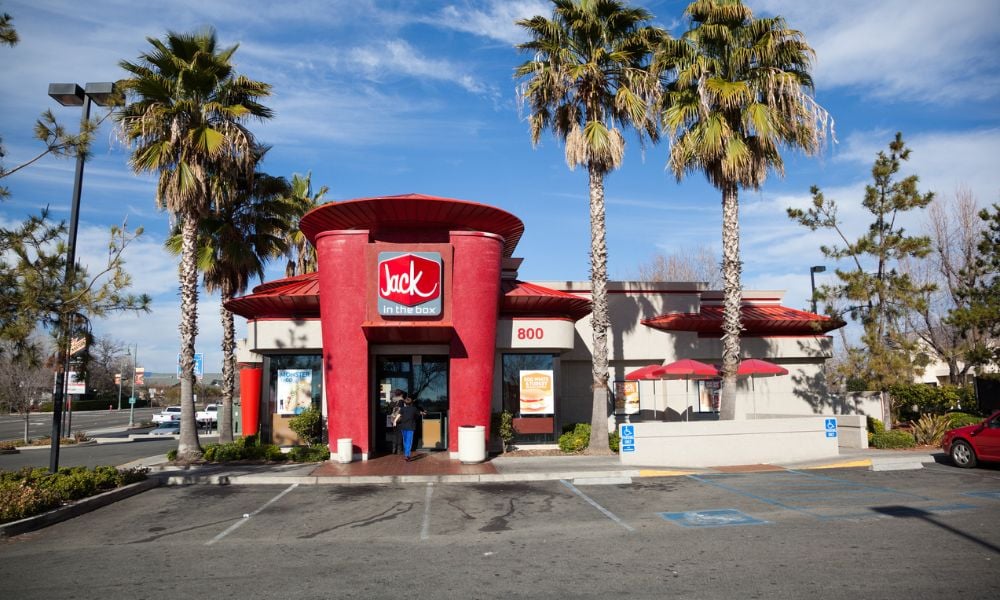
Employers take issue with the framing of one of the questions the jury had to answer

The case of Rodriguez v. Parivar, Inc., et al. arose when a salaried manager at a Jack in the Box restaurant won a jury verdict against her former joint employers for failure to pay her overtime wages during the 23-month period she worked in that role.
The plaintiff’s complaint against the defendants – Parivar, Inc. (which operates under the Jack in the Box name) and Yadav Enterprises, Inc (a restaurant franchisee company covering Jack in the Box and other brands, such as Denny’s and TGI Fridays) – alleged that they failed to pay her overtime wages, failed to offer her the required meal periods and rest periods, and misclassified her as an exempt employee when she spent most of her time performing the same duties as non-exempt employees.
In response, the defendants argued that the plaintiff was exempt from overtime, meal period, and rest period requirements because she was subject to the executive exemption under Industrial Welfare Commission wage order No. 5-2001.
Read more: Ex-driver brings wage and hour class action against California Transit
By a split vote of 9 to 3, the jury rejected the defendants’ executive exemption defense. The jury made the following findings:
The trial court ordered the defendants to provide the plaintiff with overtime pay of $26,786.54, prejudgment interest of $11,570.21, and attorney fees and litigation costs of $932,842.63. The defendants appealed.
The California Court of Appeal for the First District reversed the judgment awarding attorney fees and costs. The appellate court returned the matter to the trial court for further proceedings.
The appeal’s main issue revolved around the special verdict question relating to the defendants’ executive exemption defense. Upon being asked if the plaintiff “performed exempt duties more than half of the time,” the jury answered “No.”
The defendants argued that the narrow framing of this question prevented it from proving its executive exemption defense because the question allowed the jury to find liability without addressing the issue of the defendants’ realistic expectations for how the plaintiff should have allocated her time.
Read more: California’s fast-food worker revolution drives supersized legislation
First, the appellate court ruled that the special verdict question was defective and was too narrow. The instructions given to the jury failed to ensure that it understood what the phrase “exempt duties” would entail, the appellate court said.
Second, the appellate court determined that the error in the special verdict question was prejudicial. Without this error, the jury might have reached a result more favorable to the defendants, given that the jury’s vote was 9 to 3, the appellate court held.